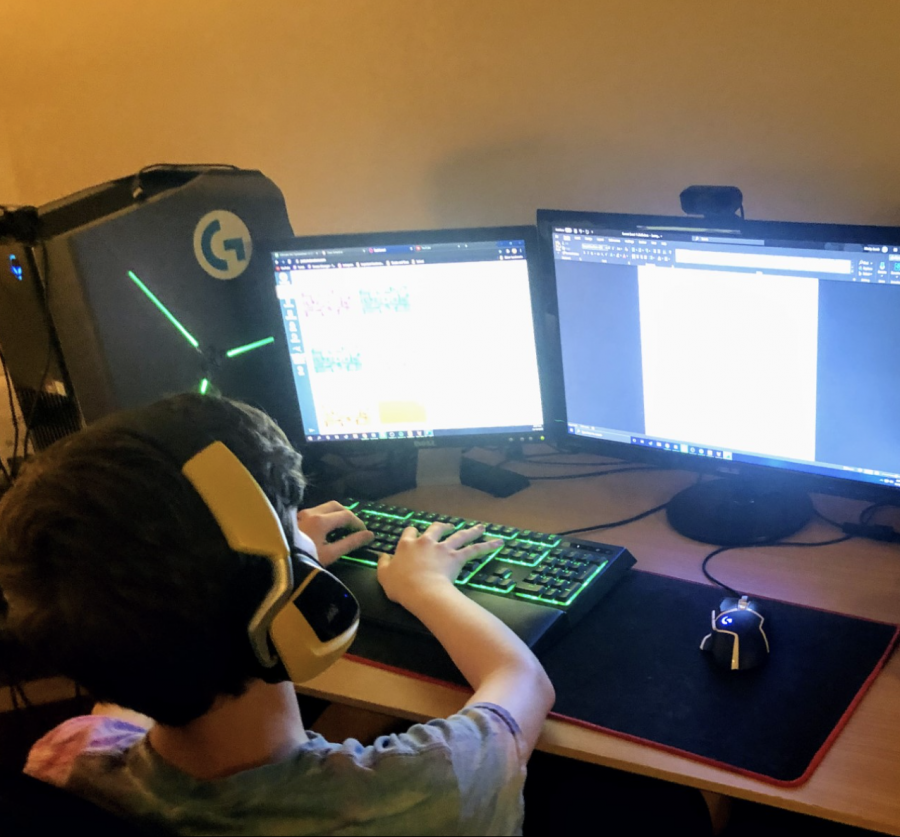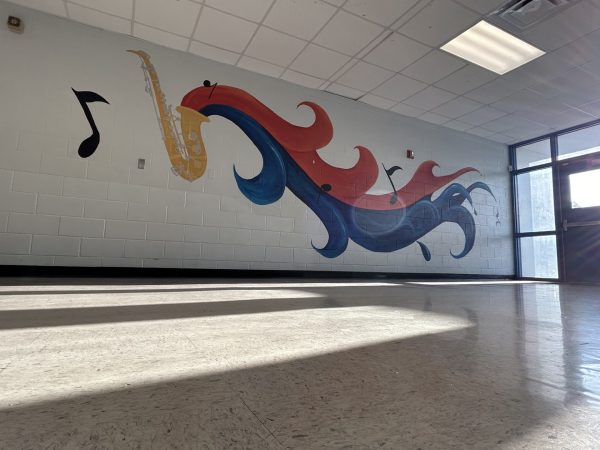Home Learning: Why and Why Not?
December 4, 2020
Do you think you would like school more if you could leisurely wake up at 7:00 a.m.? What about sitting at your computer for 7 hours a day? Most of all, do you want to avoid the risk of spreading Covid-19? If you answered yes to all of these questions, online learning might be for you.
During this quarantine, home learning has been an experience much different from attending physical school. Many schools have had to unexpectedly make the jump to mixed learning or all online learning. Even so, nobody thought it would last more than a week. There are many challenges associated with this style of education that we can benefit from overcoming. It’s a crucial step in preventing the spread of Covid-19, but it still has many fundamental issues.
The fight with procrastination has been stronger than ever. Every day you are tempted by everything around you. At times, it’s seemingly impossible to get work done, even when you’re in class. You have to practice self-discipline to make distance learning effective. Even if you have your self-control mastered, your dog is still barking, your parents are in the other room, and your neighbor is constantly drilling into their house.
While attending physical school, students know what to do in their work, but with online learners there is a lack of communication between the students and the teachers. Often, teachers ask if anyone has questions, but students are not quick to respond. This disconnect between the students and the teachers can have a snowball effect and lead to some more serious issues with communication.
This sentiment rings true for the relationships between other students. On the topic of student-to-student interactions, developmental psychologist Amy Bintliff says, “Some student’s abilities to reach out and test new identities might not be as fulfilling because students seem to, during the pandemic, stick to people they already know.” This can especially be harmful to students who are new to the school. They just don’t have the social opportunity to meet other people during the pandemic. Students may feel isolated and lonely while attending online school.
Another hurdle in the way of effective communication is technology. Transitioning to a mostly online lifestyle is quite jarring for most people, especially teachers who have less experience with their technology than their students do. This, in a lot of cases, equals less time being relegated to classes and more going to resolving technical issues on both the student and teacher’s ends. This ranges from teacher’s mics being muted for an entire lesson to the inability to join the Teams meeting.
On the contrary, students who aren’t able to attend physical school that day can just as easily log online and still learn for that day. Overall, students miss less school, and have the opportunity to learn more. With everything online, the student has more resources to catch up on the off chance that they do miss school.
In summary, while I do feel freer and safer in quarantine with online learning, I wonder what it would be like to give up that freedom and safety for connection in real life. When you choose your option of schooling for next semester, think about what you’re giving up and what you’re gaining.






